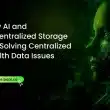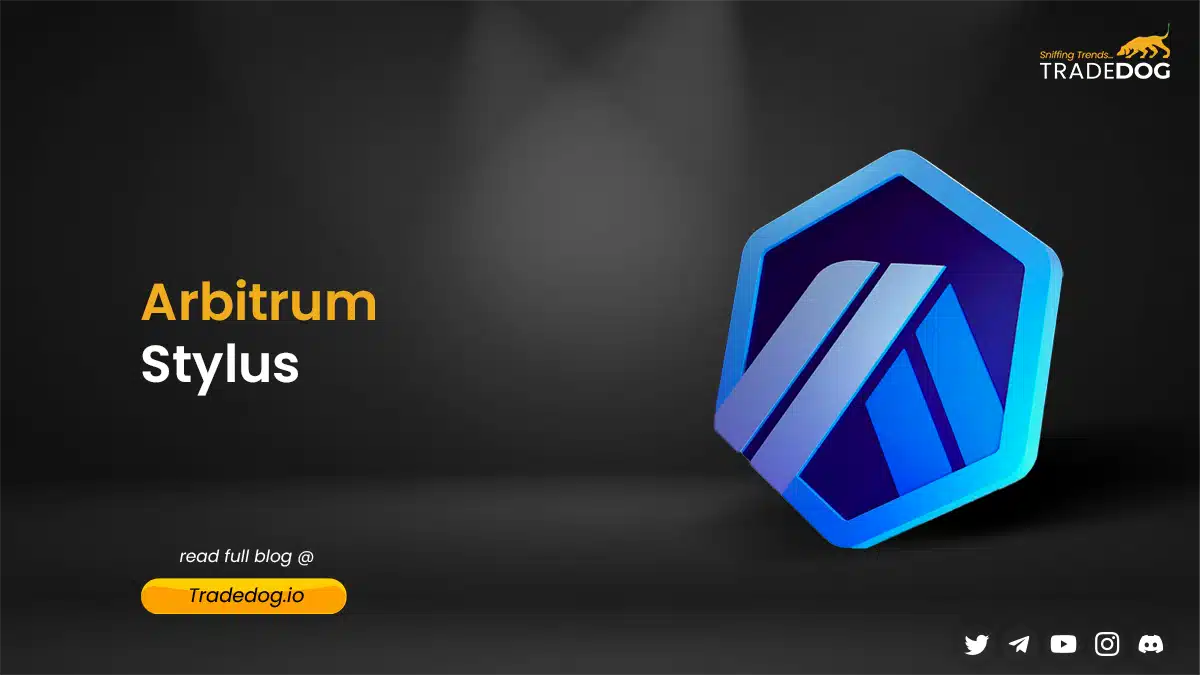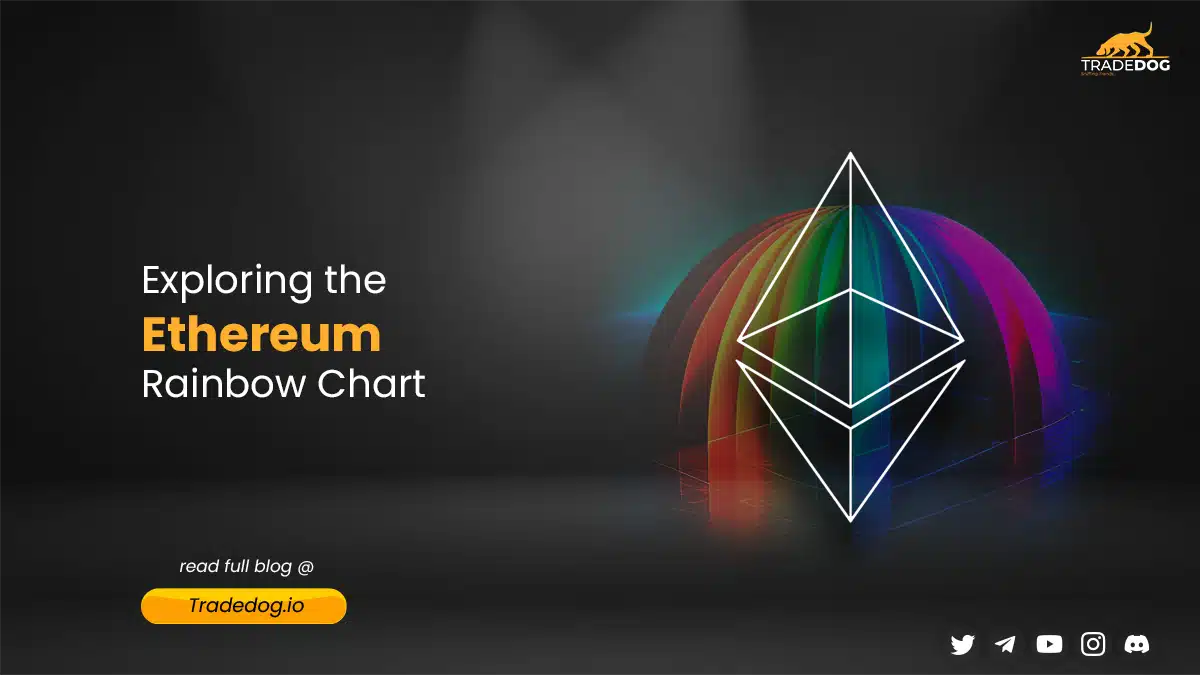As per the reports issued by third-party infrastructure providers like Infura, Binance, and Blockchair at block height 11,234,873. On Wednesday, 11th November, the majority of the Ethereum DeFi network went dark after a latent bug in the Ethereum code split the transaction history of the
network. Blockchair CEO, Nikita Zhavoronkov also tweeted about the incident in a thread that explained the situation with Ethereum concerning the hard fork.
Find the in-depth technical analysis of Ethereum here

The split resulted from a code change introduced unexpectedly into a previous Geth(Go Ethereum) update; some operators of the Ethereum node skipped the update, which was ironically intended to stop the very split that occurred.
A report published by Geth suggested that the bug was caused deliberately. The case is probably the biggest obstacle for Ethereum since the 2016 DAO fork, and it raises concerns about the often-touted decentralization of Ethereum and the efficacy of its developer collaboration going into Ethereum 2.0.
The split also caused Infura, which provides interfacing with the Ethereum blockchain, to shut its service down about 8:00 UTC. . Firms, such as Coinbase Wallet, Metamask, MakerDao, UniSwap and Compound, across the industry use Infura to bypass the need for maintaining the entire Ethereum blockchain themselves.
Shortly afterwards, after finding overlapping transactions on its Ethereum node, Binance suspended Ethereum trading. When other exchanges have stopped the trade, the real problem became clear: the Ethereum network has been broken into two by a defect in the Go Ethereum (Geth) client, whose code underpins 80% of Ethereum ‘s applications. A number of exchanges including Binance halted withdrawals temporarily. Complaints regarding oracle and price feed delays were reported by a lot of users. Binance CEO Changpeng Zhao tweeted that they are not sure which version of the Ethereum blockchain their node was reflecting.

A number of Ethereum users discussed issues with ETH-based price feeds and ERC20 tokens while using wallets like Metamask.
One of the TDeFi accelerated projects, OroPocket was scheduled to be launched on Uniswap but the launch was postponed due to this technical mix up that occurred.
Conclusion
Technically, it was an unintended hard fork aiming to increase the efficiency of the Ethereum chain and a similar fork happened to BTC around 7 years ago to upgrade its databases. However, this secret fork surprised the ethereum stakeholders due to the lack of coordination between Geth and other development teams. Despite the issues created by this fork, the price of Ether rose by 4.6% after this news broke.
There’s plenty of evidence in the space with the market responding unexpectedly to on-chain issues. For example, ETH Classic’s spate of 51% attacks was frequently ignored by the market. However, with ETH 2.0 announcements and the nature of the issue, it seems that markets didn’t anticipate any long-term caution.
Subscribe to latest updates from Tradedog to receive an upcoming research report on Ethereum.
Spread the word! let’s build something wonderful with #DeFi.
Join us here and find numerous topics and a brand new project section that adds fundamental insights to your crypto experience.
Care to Learn More?
follow us!










